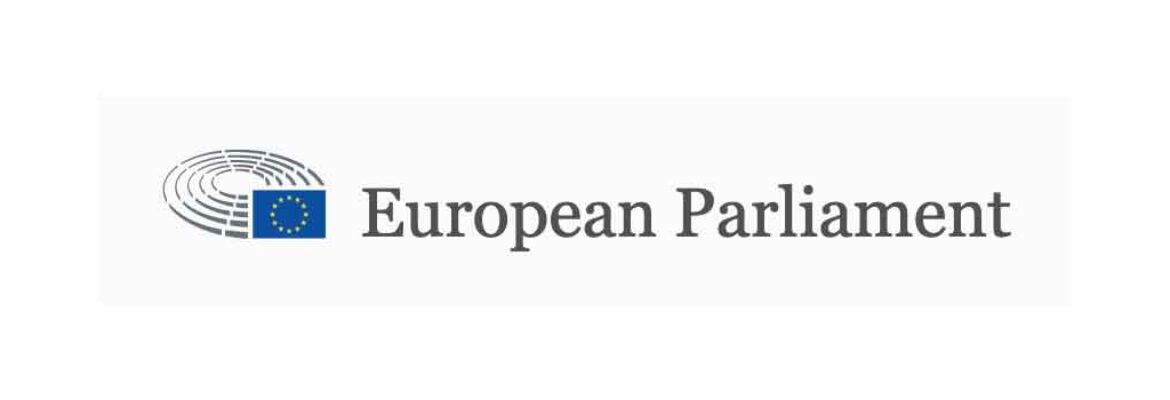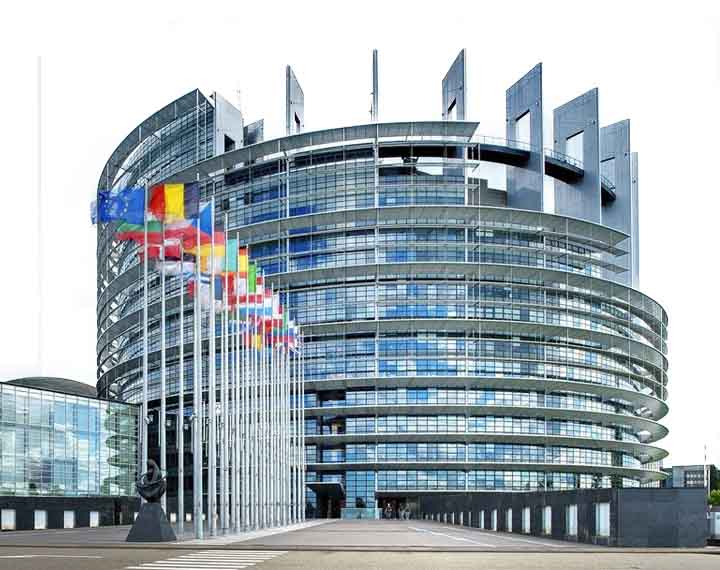European Parliament
The European Parliament is one of the legislative bodies of the European Union and one of its seven institutions. Together with the Council of the European Union, it adopts European legislation, following a proposal by the European Commission. The Parliament is composed of 705 members.
The European Parliament is an important forum for political debate and decision-making at the EU level. The Members of the European Parliament are directly elected by voters in all Member States to represent people’s interests with regard to EU law-making and to make sure other EU institutions are working democratically.
Powers and procedures
The Parliament acts as a co-legislator, sharing with the Council the power to adopt and amend legislative proposals and to decide on the EU budget. It also supervises the work of the Commission and other EU bodies and cooperates with national parliaments of EU countries to get their input. See how it all works here.
Organisation and rules
Learn more about how an international, multilingual, political institution like the European Parliament functions on a daily basis. Find out about the procedures, the places of work, the people that provide support to the MEPs and the EP budget.
Democracy and human rights
The Parliament sees its role not only in promoting democratic decision-making in Europe but also in supporting the fight for democracy, freedom of speech and fair elections across the globe. Learn more about how Parliament stands for human rights in the world.
EP in the past
Parliament has been steadily gaining powers through successive amendments of the European treaties which have given more and more clout to EU’s only directly elected body. See how the Parliament gradually emerged as a key player in the EU decision-making process.



